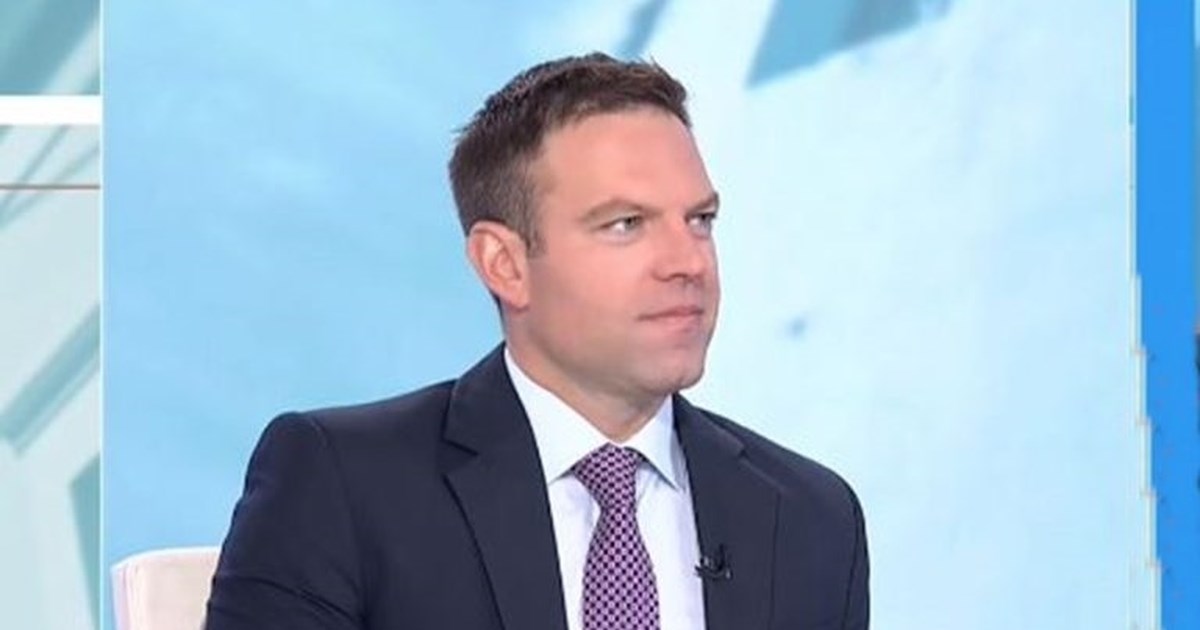OPEC+ Will Boost Supply Even Faster With Larger August Hike
“With OPEC+ having pivoted to a market share over a price defense strategy, it was pointless to keep a notional voluntary cut in place,” said Harry Tchilinguirian, group head of research at Onyx Capital Group. “It was best to get it over and done with it, and simply move on.”
Still, the actual increase will likely be lower. The group has produced less than scheduled in previous months as Saudi Energy Minister Prince Abdulaziz bin Salman presses some members to compensate for earlier oversupply and forgo their share of the increases. Kazakhstan — the most egregious offender — nonetheless continues to pump hundreds of thousands of barrels above its quota.
Crude traders had widely expected OPEC+ to ratify another hike of 411,000 barrels day for August, according to a Bloomberg survey, and delegates’ initial discussions this week also focused on that level.
The extra barrels may be welcomed by President Trump, who has repeatedly called for lower oil prices to bolster the US economy, and needs to stave off inflation while pushing the Federal Reserve to lower interest rates.
Yet they also threaten to swell a looming supply surplus. Global oil inventories have been accumulating at a pace of about 1 million barrels a day in recent months, as consumption in China cools while production climbs across the Americas, from the US to Guyana, Canada and Brazil.
A substantial surplus looms later this year, according to the International Energy Agency in Paris. Wall Street firms such as JPMorgan Chase & Co. and Goldman Sachs Group Inc. anticipate that prices will sink towards $60 a barrel or lower in the fourth quarter.
Prices jumped during the conflict last month between Iran and Israel, but fell back quickly as it became clear that oil flows remained unaffected.
By pushing for faster supply increases, Saudi Arabia risks offsetting the benefits of higher sales volumes with the impact of falling oil prices. The kingdom is already grappling with a soaring budget deficit, and has been forced to slash spending on some of Crown Prince Mohammed bin Salman’s flagship projects.
OPEC+ co-leader Russia is confronting a deteriorating economic outlook and potential banking crisis as President Vladimir Putin continues to wage a costly war against neighboring Ukraine.
The drop in prices is also spreading pain through the American shale industry. In a recent survey, US shale executives said they expect to drill significantly fewer wells this year than planned at the start of 2025, citing lower oil prices and uncertainty around Trump’s tariffs.
“OPEC+ is sending a clear message, for anyone still in doubt: the group is firmly shifting toward a market share strategy,” said Jorge Leon, an analyst at research firm Rystad Energy A/S who previously worked at the OPEC secretariat.
“Two big questions now hang over the market,” Leon added. “Will OPEC+ target the next tier of 1.66 million barrels? And second, is there enough demand to absorb it?”
—With assistance from Alex Longley and Julian Lee.
Most Read from Bloomberg Businessweek
-
SNAP Cuts in Big Tax Bill Will Hit a Lot of Trump Voters Too
-
Pistachios Are Everywhere Right Now, Not Just in Dubai Chocolate
©2025 Bloomberg L.P.
Content Original Link:
" target="_blank">

































































